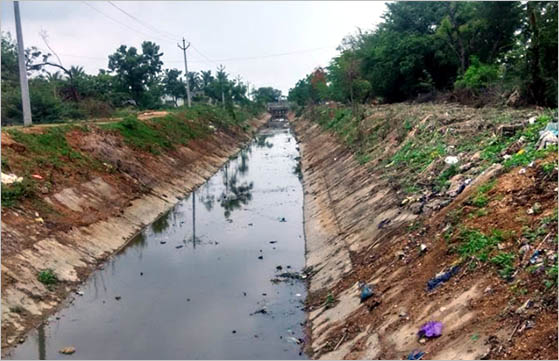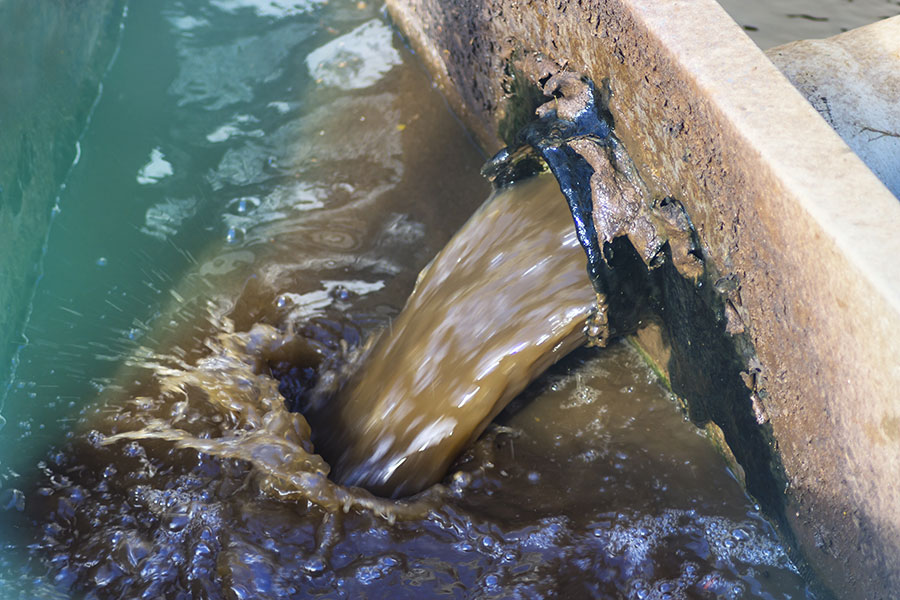Specialist Liquid Waste Removal Melbourne: Rapid and Budget Friendly Providers
Specialist Liquid Waste Removal Melbourne: Rapid and Budget Friendly Providers
Blog Article
Comprehending the Comprehensive Refine of Fluid Waste Disposal: Best Practices and Environmental Effect Considerations
The management of fluid waste disposal is a diverse concern that needs a comprehensive understanding of numerous best methods and their connected ecological effects. From the kinds of liquid waste generated to the methods used for collection, treatment, and final disposal, each step plays an essential function in safeguarding communities and public wellness.
Kinds Of Fluid Waste
Comprehending the numerous types of liquid waste is important for reliable monitoring and disposal methods. Fluid waste can be broadly categorized right into numerous types, each calling for one-of-a-kind handling and treatment strategies.
Industrial liquid waste commonly contains harmful products, including heavy metals, solvents, and chemicals, produced throughout manufacturing processes. These wastes require rigorous regulative compliance to secure human wellness and the setting. Domestic liquid waste mostly describes wastewater created from homes, including sewage and greywater, which, although less hazardous, can still position significant dangers if poorly managed.
Agricultural fluid waste, consisting of drainage from ranches, frequently has plant foods and chemicals that can lead to ecological deterioration if not treated appropriately. Clinical liquid waste, produced from medical care centers, consists of polluted fluids such as bodily fluids and chemicals, requiring specialized disposal methods to stop infection and ecological contamination.
Lastly, oil and grease waste, generally created by dining establishments and vehicle markets, can cause extreme clogs in sewage system systems otherwise managed appropriately. Recognizing these classifications assists in targeted methods for therapy, compliance with regulations, and effective disposal techniques, inevitably promoting environmental sustainability and public wellness safety and security.

Collection Techniques
Effective collection approaches are critical for the appropriate monitoring of liquid waste, guaranteeing that it is collected safely and efficiently before therapy or disposal. Different techniques are utilized depending upon the sort of fluid waste produced, the quantity, and the certain features of the waste.
One typical approach is using dedicated collection containers or sumps, which are made to record fluid waste at the resource. These systems commonly integrate pumps that assist in the transfer of waste to larger storage space containers or treatment facilities. In addition, mobile collection devices furnished with vacuum innovation are used in scenarios where waste is produced intermittently or in hard-to-reach locations.
For industrial setups, closed-loop systems can successfully decrease leakages and spills, enabling the healing and reuse of liquid waste. It is additionally important to educate personnel on correct collection protocols to minimize threats associated with unsafe materials.
Additionally, carrying out regular maintenance schedules for collection tools makes certain optimal performance and safety. The integration of innovative tracking systems can boost collection effectiveness by giving real-time information on waste levels and potential dangers. Overall, reliable collection approaches are foundational to sustainable fluid waste monitoring techniques.
Treatment Procedures
Treatment procedures play an important role in the administration of liquid waste, changing potentially hazardous products right into recyclable sources or safe effluents - liquid waste disposal. These procedures can be broadly categorized into physical, chemical, and organic approaches, each tailored to resolve specific impurities present in the waste stream
Physical therapy techniques, such as sedimentation and filtering, job by removing suspended solids and particle issue. These strategies are typically the primary step in the treatment chain, successfully lowering the tons on succeeding procedures. Chemical treatments include the usage of reagents to reduce the effects of unsafe materials, speed up heavy metals, or oxidize organic pollutants, thus improving the security of the effluent.
Biological therapy processes, including turned on sludge systems and anaerobic digestion, profit from the all-natural capabilities of bacteria to deteriorate raw material. These techniques are particularly effective for wastewater having naturally degradable pollutants. Advanced treatment technologies, such as membrane purification and advanced oxidation procedures, are significantly used to achieve greater degrees of purification.
Integrating a mix of these therapy methods not only guarantees compliance with regulative standards however additionally promotes ecological sustainability by recovering important resources from fluid waste.
Disposal Options
Just how can companies guarantee the safe and accountable disposal of fluid waste? Efficient disposal alternatives are vital for securing public health and the atmosphere. The key methods include land disposal, treatment, and incineration followed by discharge into municipal wastewater systems.
Land disposal entails the mindful control of fluid waste in designated garbage dumps, making sure that it does not seep into surrounding dirt or water. Incineration, on the other hand, subjects fluid waste to heats, converting it right into ash and gases, which need proper filtering to lessen discharges. This technique appropriates for contaminateds materials that can not be treated with traditional ways.
In cases where fluid waste can be dealt with, companies might decide for organic or chemical therapy procedures to reduce the effects of unsafe elements before discharging the treated effluent into community systems. This path generally lines up with regulatory demands, ensuring that the effluent fulfills safety and security standards.
Inevitably, organizations need to conduct detailed evaluations of each disposal option to establish its stability, considering elements such as waste composition, regulative conformity, and prospective risks to wellness and the setting. By selecting suitable disposal approaches, organizations can contribute to a responsible more waste management technique.
Environmental Influence
The environmental influence of fluid waste disposal is a crucial consideration for companies looking for to minimize their ecological impact. Furthermore, the discharge more of without treatment or improperly dealt with waste into surface waters can result in eutrophication, leading to oxygen exhaustion and the succeeding fatality of fish and other organisms.

To minimize these influences, companies should take on best techniques such as carrying out strenuous waste treatment procedures, advertising recycling and reuse, and sticking to regulative requirements. By taking a proactive approach to fluid waste management, entities can dramatically lower their ecological footprint while supporting sustainable advancement objectives. Inevitably, an extensive understanding of the environmental influences associated with liquid garbage disposal is vital for informed decision-making and liable stewardship of natural sources.
Final Thought
Efficient management of liquid waste is vital for securing environmental honesty and public health and wellness. By taking on finest techniques in therapy, collection, and disposal, alongside adherence to regulatory standards, the potential for harmful contamination of ecosystems can be dramatically lowered. Continuous advancements in innovation and processes add to sustainable waste administration initiatives. Inevitably, a view website detailed understanding of liquid waste disposal not only alleviates ecological effects yet likewise cultivates a commitment to accountable resource administration and ecological stewardship.
The management of fluid waste disposal is a complex concern that requires a complete understanding of various finest techniques and their linked ecological influences. From the kinds of liquid waste generated to the techniques utilized for collection, treatment, and final disposal, each action plays a crucial role in protecting environments and public health and wellness.The ecological influence of liquid waste disposal is a critical consideration for organizations seeking to reduce their environmental footprint. Ultimately, an extensive understanding of the environmental impacts associated with liquid waste disposal is essential for educated decision-making and liable stewardship of all-natural resources.
Eventually, an extensive understanding of fluid waste disposal not just alleviates environmental impacts but additionally cultivates a dedication to accountable resource monitoring and environmental stewardship.
Report this page